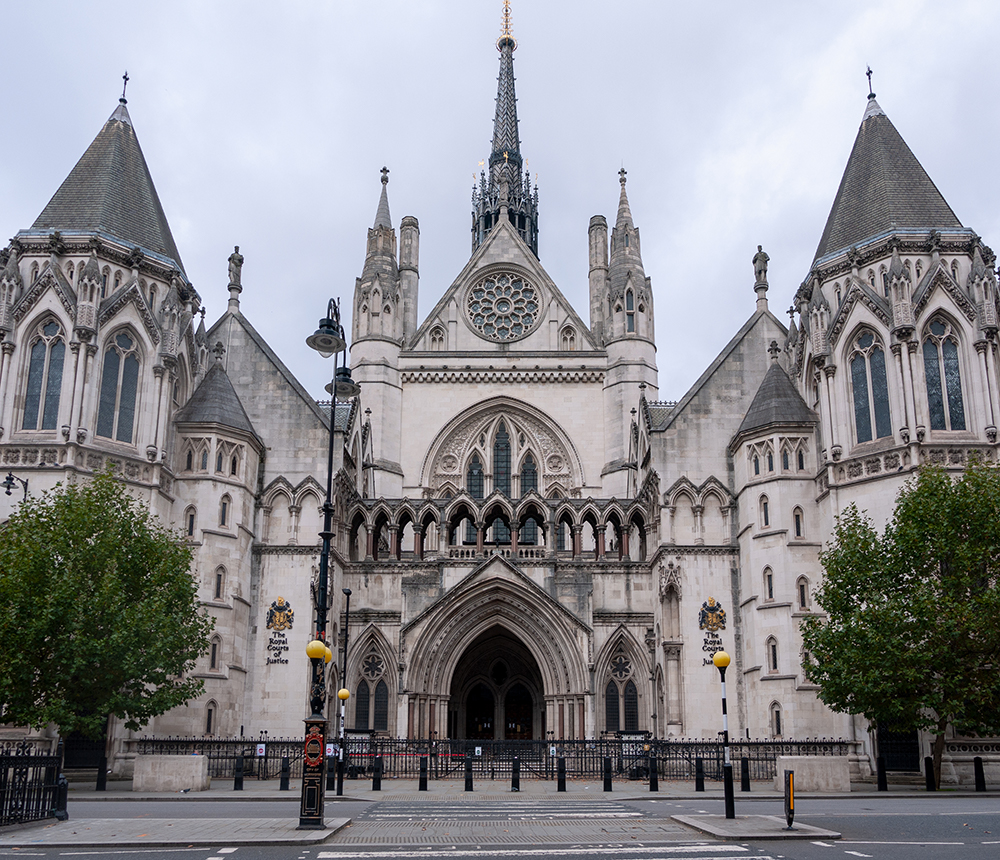Adult child of married parents refused permission to appeal against refusal of financial support in English courts

The English Court of Appeal has refused permission to appeal by a 41-year-old man against a decision not to grant two orders in his favour to secure financial support from his still-married parents.
Faiz Siddiqui, who was aged 41 at the time of the original hearing, argued that orders under the Matrimonial Causes Act 1973 and the Children Act 1989 ought to be made in his favour under the court’s inherent jurisdiction. His parents, Javed and Rakshanda Siddiqui, opposed the application, and argued the proposed appeal did not have a real prospect of success.
The appeal was heard by the Vice-President of the Court of Appeal, Lord Justice Underhill, sitting with Lord Justice Moylan and Lord Justice Dingemans. Hugh Southey QC appeared for the appellant and Justin Warshaw QC, Joshua Viney and Jennifer MacLeod for the respondents.
Discriminatory provisions
The appellant, a qualified solicitor who had been unemployed since 2011, claimed that he was substantially financially dependent on his parents. They had been permitting him to live in a property they owned in central London and had been paying his utility bills. The relationship between the parties, particularly between the appellant and his father, later degraded, resulting in the respondents not being prepared to offer him as much support.
It was argued by the appellant that he suffered from various difficulties and mental health problems that were sufficient to constitute “special circumstances” allowing for the making of an award under either Act. The respondents disputed this proposition as a matter of both fact and law and argued that the applications sought could not be made in cases where they were not separating.
At the first hearing of the case in the High Court, the judge determined that the court did not have the power to make the orders the appellant sought. The provisions in neither Act could be read in such a way as to have the effect the appellant argued they had, and to do so would be “fundamentally wrong and inconsistent with principle”. It was further held that no ECHR rights were engaged by the case.
It was submitted for the appellant that the relevant statutory provisions were discriminatory, as in these circumstances he would be entitled to support if his parents were separated or not living together. Further, the High Court judge was wrong in concluding that ECHR rights were not engaged by the case, particularly Articles 1, 8, and 14.
Completely without merit
In the leading judgment, with which the other two judges agreed, Moylan LJ said of the wording of the 1973 Act: “Putting it in the negative, all children are unable to apply unless there has been an order made under section 27 for periodical/secured periodical payments in favour of them on the application of one of the parties to the marriage. Section 27 is a little used provision and, accordingly, nearly all children will not have the right to make an application pursuant either to section 27(6A) or section 27(6B).”
Turning to the 1989 Act, he added: “Paragraph 2(6) prohibits the making of an order when the child’s parents ‘are living with each other in the same household’. I would also repeat that sections 23 and 24 of the MCA 1973 only apply if there has been a decree of divorce, nullity or judicial separation. Accordingly, the legislative provisions, as Mr Warshaw submitted, are clearly directed towards the needs of children in the context of their parents’ relationship having broken down.”
On whether it was discriminatory for children of cohabiting parents not to have the same rights, Moylan LJ said: “Being the child of parents who are living together in the same household is not a personal or identifiable characteristic any more than being the child of parents who have divorced is a personal characteristic. It is not something the child has or which, in any way, defines the child. Being the child of parents who are not separated is simply a bar to the court making an order.”
Considering any possible application of the ECHR, he noted: “In my view it is the Respondents who are able to rely on article 8 and not the Appellant. The Appellant’s case, if successful, would constitute a very considerable invasion of the Respondents’ right to respect for their private and family life. The creation of a right for all children to bring claims against their parents, if there are ‘special circumstances’, would be a very novel use of article 8 and a use which is unsupported by any authority or principle.”
Moylan LJ concluded: “It is clear to me that the proposed appeal is completely without merit. The judge was right to conclude that the subject matter does not come within the ambit of any of the rights protected by the ECHR. He was also right to decide that article 14 does not apply. Further, and in any event, the relevant legislative provisions are clearly justified in the scope of their application and in not permitting a claim to be made by the Appellant. This leads me to conclude that the application for permission to appeal should be refused.”









